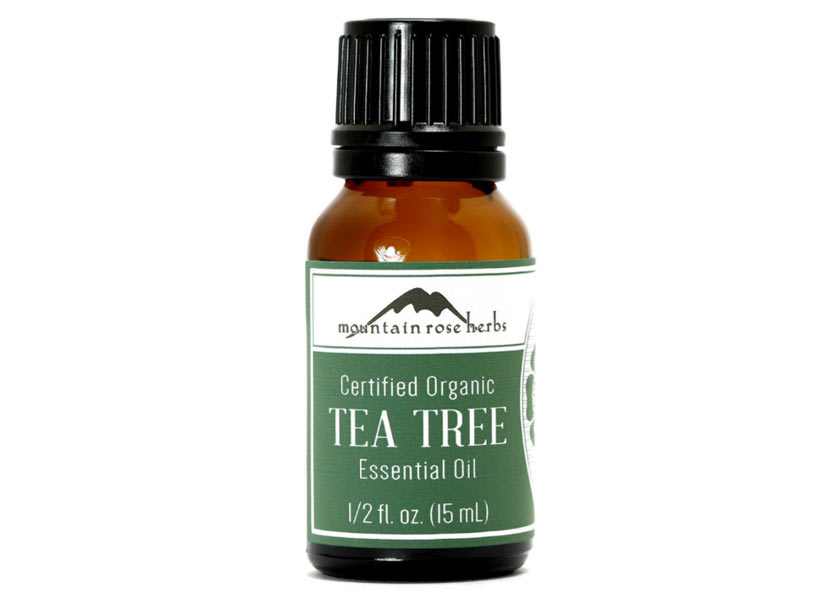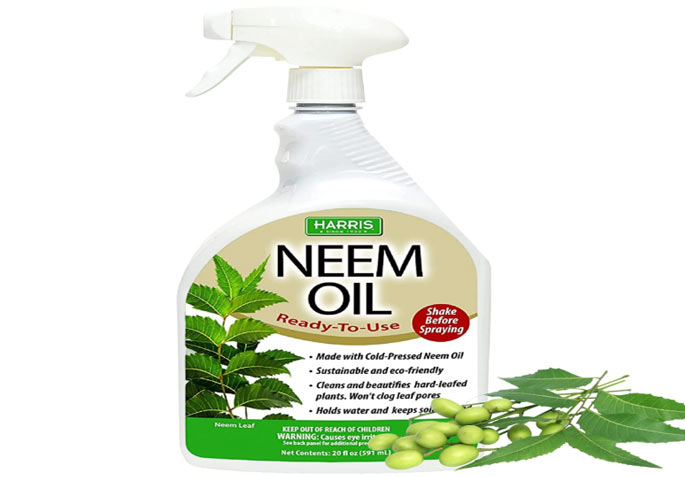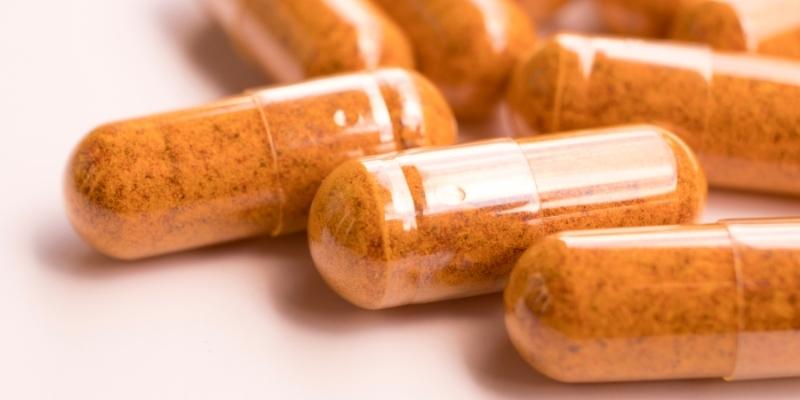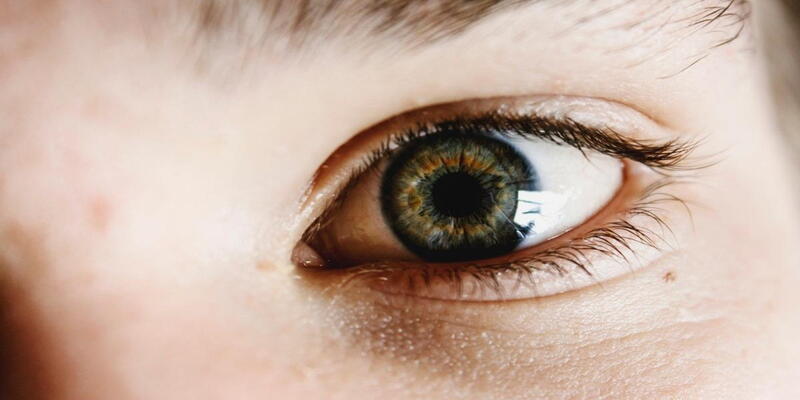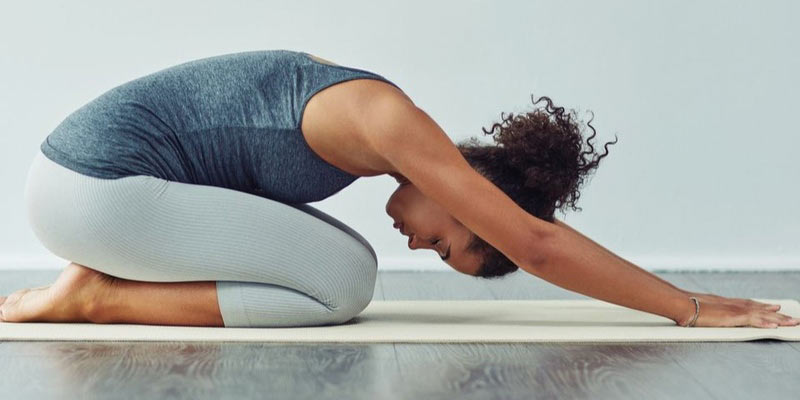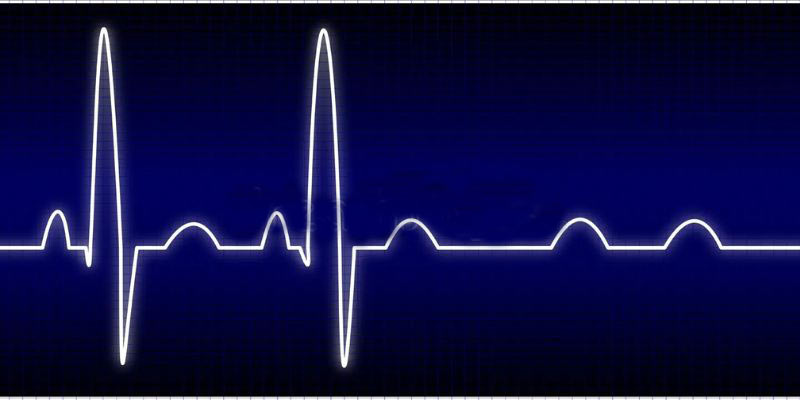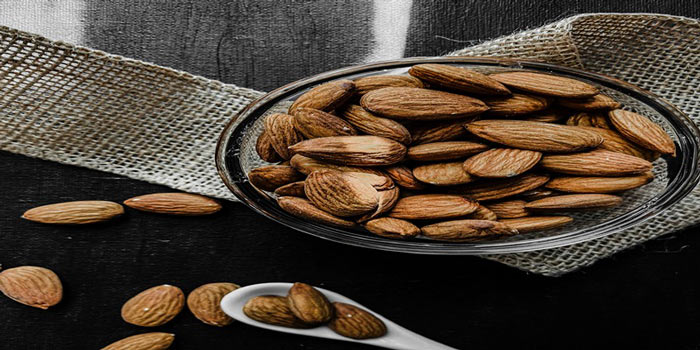Do you have itchy, flaking skin between your toes that won’t go away? You could be suffering from an athlete’s foot. An athlete’s foot is a common fungal infection of the feet and toes, which often causes discomfort and embarrassment for those inflicted with it. Luckily, several home remedies are available that relieve itching, burning, and inflammation associated with the condition.
In this article, we will look at some of the most effective treatments suggested by medical professionals for taking care of an athlete's foot naturally - right in the comfort of your home!
Understand the Home remedies.
One of the most important things to remember when dealing with an athlete's foot is that home remedies are not always a one-size-fits-all solution. Depending on the severity of your infection, some remedies may work better than others. It’s important to pay attention to how your body responds and adjust as necessary.
Over-the-counter treatments
Over-the-counter medications are often the first line of defense when treating an athlete's foot. These products contain antifungal ingredients such as clotrimazole, miconazole, terbinafine, or undecylenic acid that work to fight off the fungus causing your infection. They are available in creams, ointments, sprays, and powders and help to ease symptoms such as itching, burning, and inflammation.
Just remember that over-the-counter treatments may only be effective for some. To ensure the best results, read all instructions carefully before applying. Remember that these medications can take up to a few weeks to work – so don’t give up too soon if you don't notice an immediate change!
Tea Tree Oil
Tea tree oil is known for its powerful anti-fungal and antibacterial properties, making it an effective home remedy for treating athletes' feet. Mix a few drops with some water to use tea tree oil, then apply directly to the affected area using a cotton swab. It's important to dilute the oil with an olive or coconut oil carrier to avoid skin irritation. Tea tree oil can be combined with other home remedies, such as soaking your feet in vinegar or Epsom salt foot baths, to relieve symptoms.
Tea tree oil also has antiseptic and anti-inflammatory properties that can help reduce inflammation and itching associated with an athlete’s foot. To use tea tree oil on inflamed areas, mix equal parts of tea tree oil and water before applying directly to the affected area. If you experience any burning sensation, discontinue use immediately and consult your doctor.
Vinegar
Another popular home remedy for athletes’ feet is vinegar. White vinegar, with its acidic properties, has been used for centuries to treat fungal infections. To use vinegar as a treatment, combine one part vinegar with three parts water and soak the affected area for 15-20 minutes. This helps to reduce itchiness and inflammation associated with an athlete's foot. If you'd like more concentrated relief, apply a few drops of vinegar directly to the skin with a cotton swab or cloth.
In addition to helping ease discomfort related to an athlete's foot, white vinegar can also help eliminate odor caused by the infection. Soak your feet in warm water mixed with two cups of white vinegar before drying them thoroughly. Doing this regularly can help reduce bad smells caused by athletes’ feet and other fungal infections.
Vinegar can also be used as a preventative measure for an athlete's foot, and it’s safe to use even if you don’t have the condition. Add one part vinegar to two parts water and soak your feet in this mixture for 10-15 minutes every day. Doing this regularly can help keep fungi away from your skin and make it harder for any infection to take hold.
Neem oil
Neem oil is a natural and effective remedy for an athlete's foot. It has antifungal, antibacterial, and anti-inflammatory properties that make it ideal for treating fungal infections such as athletes’ feet. Neem oil can be used topically or orally to treat the condition.
When using neem oil topically, dilute it with a carrier oil like coconut or olive before applying directly to the affected area. Massage gently in circular motions so the skin absorbs the oil as much as possible. Do this twice daily – once in the morning and once at night – for best results.
Neem oil reduces itching and inflammation quickly, so you should feel relief within a few days.
Neem oil can also be taken orally to fight infection from within. Take 1 teaspoon of neem oil daily with food for up to three months or until your symptoms subside. Neem oil is also available in capsule form, making it easier and more convenient.
Rubbing alcohol
Rubbing alcohol is a great home remedy for an athlete's foot. The high concentration of alcohol in rubbing alcohol helps kill the fungus that causes the infection, relieving itching and inflammation. To use this method, soak a cotton pad or cloth in rubbing alcohol and apply it directly to the affected area for immediate relief. Do this two or three times a day until your symptoms have subsided.
It’s important to note that even though rubbing alcohol has proven effective for treating athletes' feet, it can cause skin irritation if used too often or left on too long. If you experience any stinging sensation after applying the solution, dilute it with equal water before use. You should also avoid rubbing alcohol on open cuts or wounds, which can cause further irritation.
Potential Risks and Complications of Home Remedies for Athlete’s Foot
Although home remedies for athletes' feet can effectively treat the infection, a few potential risks and complications are associated with their use. For instance, some of the ingredients used in these remedies may cause skin irritation or allergic reactions. If you experience any burning sensation, itching, rashes, or other signs of an allergy after using a remedy, stop immediately and consult your doctor.
In addition to being aware of allergies, it’s important to remember that home remedies won’t always work for everyone. Some people may take weeks to see results from using natural ingredients, while others may not see any improvement at all. In cases where symptoms don’t improve after trying several different treatments, medications prescribed by a doctor may be necessary.
Overall, home remedies can effectively and safely relieve itching, burning, and inflammation associated with an athlete's foot. However, it is important to remember that they won’t always work for everyone and should not be used as the only treatment option. Consult your doctor for further questions or concerns about treating your athlete's foot.
FAQs
Q: What is the best home remedy for an athlete's foot?
A: The best home remedy for an athlete’s foot depends on the severity of the infection. Generally, some of the most effective treatments are soaking your feet in a saltwater or vinegar solution, applying topical antifungal creams, and keeping your feet dry and clean. Additionally, wearing breathable socks and shoes that don't keep your feet overly sweaty is important.
Q: How long does a home remedy work for an athlete's foot?
A: Home remedies can help reduce symptoms such as itching and burning, typically within about a week. However, depending on how severe the condition is, it can take up to four weeks before the infection is fully cleared.
Q: What should I avoid when treating an athlete's foot?
A: You should avoid certain things when treating an athlete’s foot. First, keeping your feet clean and dry is important, as fungal infections thrive in moist environments. Additionally, always use an antifungal cream or powder on any socks or shoes before wearing them again after treatment. Lastly, wear open-toed shoes whenever possible to allow air to reach your feet while they heal. By avoiding these common mistakes, you can help ensure that your athlete’s foot does not return!
Conclusion
Treating an athlete's foot can be uncomfortable and embarrassing, but it doesn't have to be! Following these home remedies can help clear up the condition quickly and effectively. However, if symptoms do not improve after a few weeks of treatment or worsen, it is important to see your doctor for further diagnosis and treatment. With the right care at home, you can ensure that an athlete's foot does not become a long-term problem

